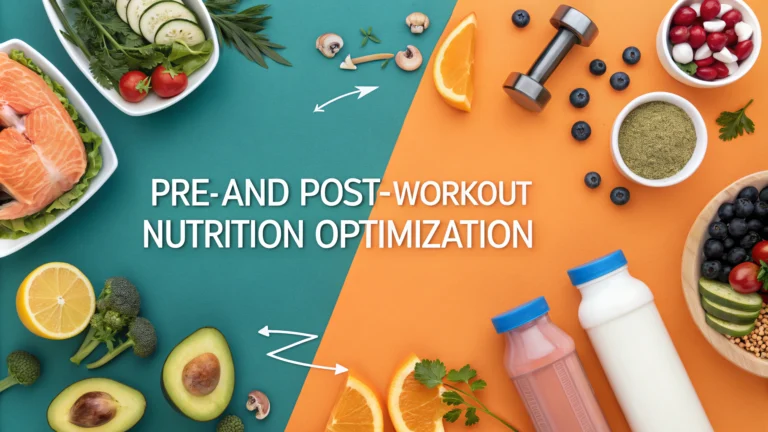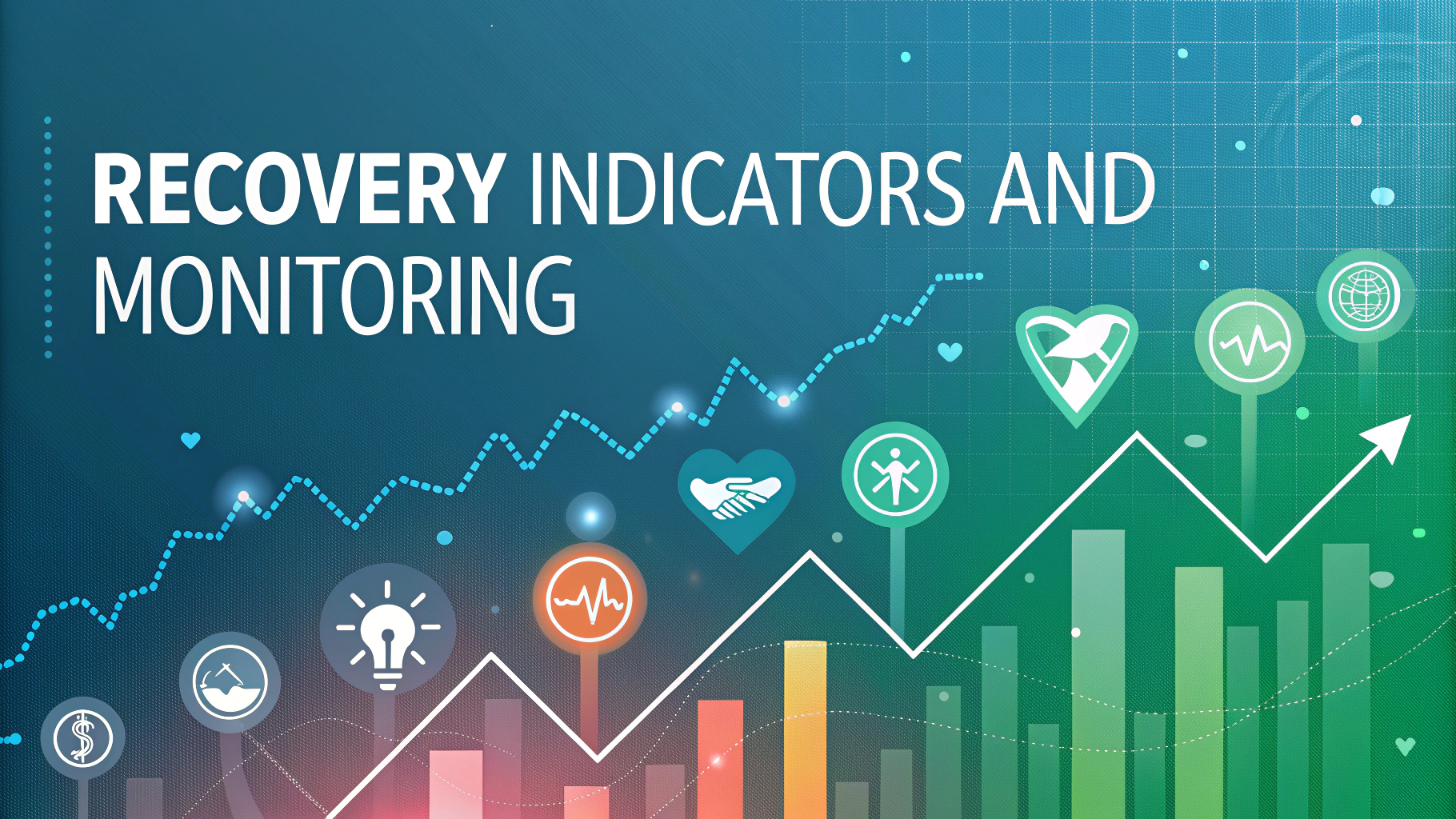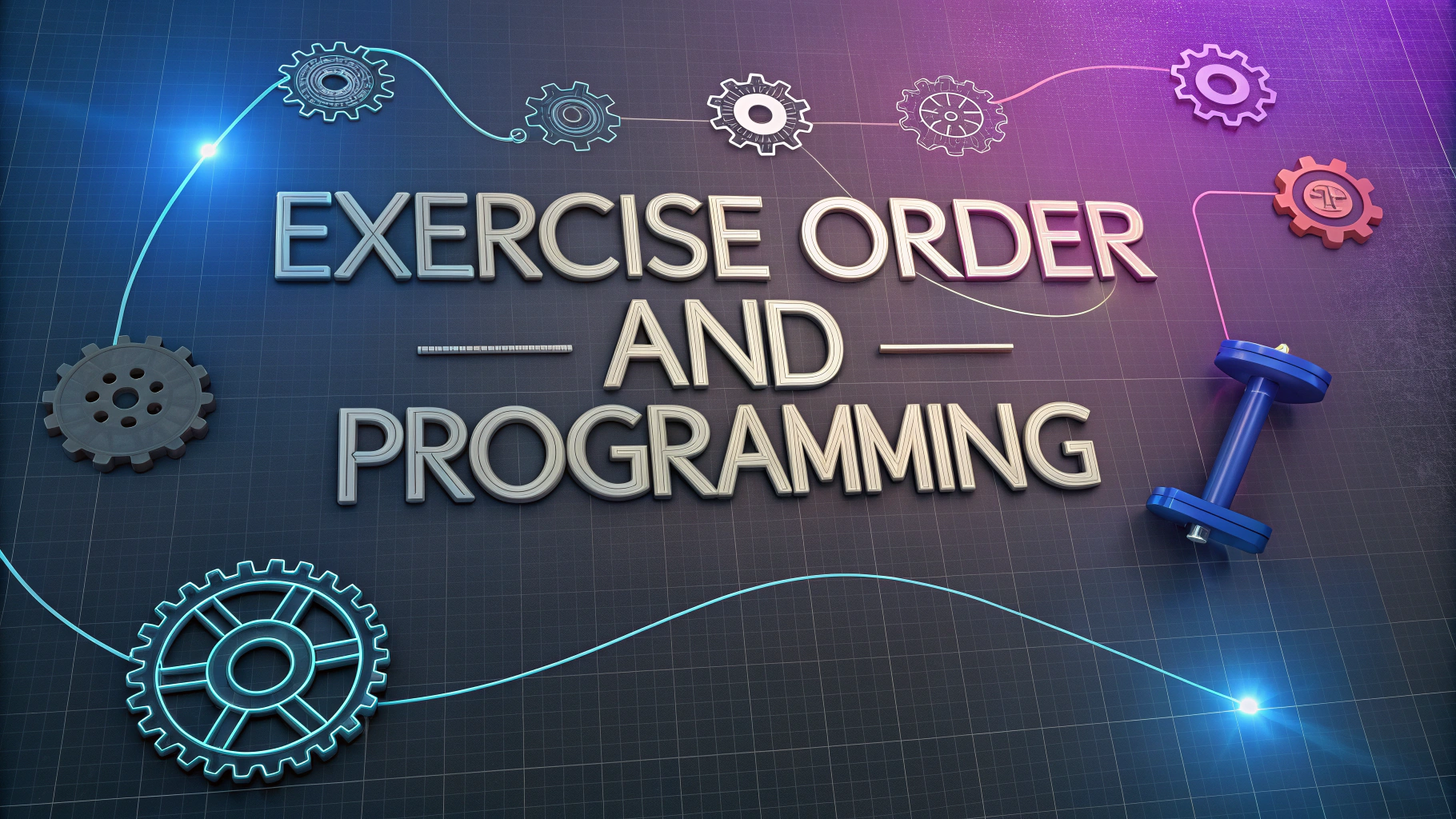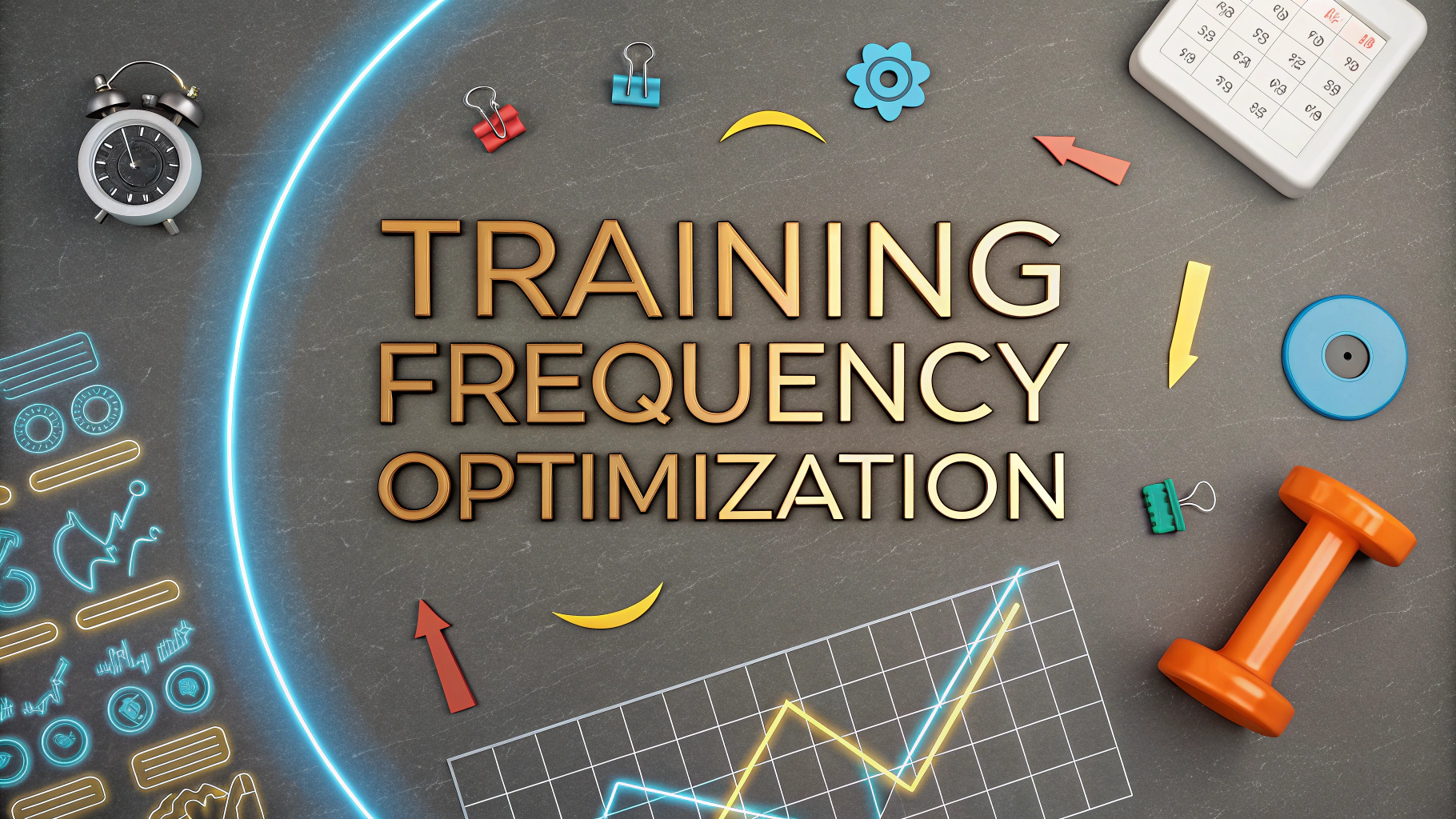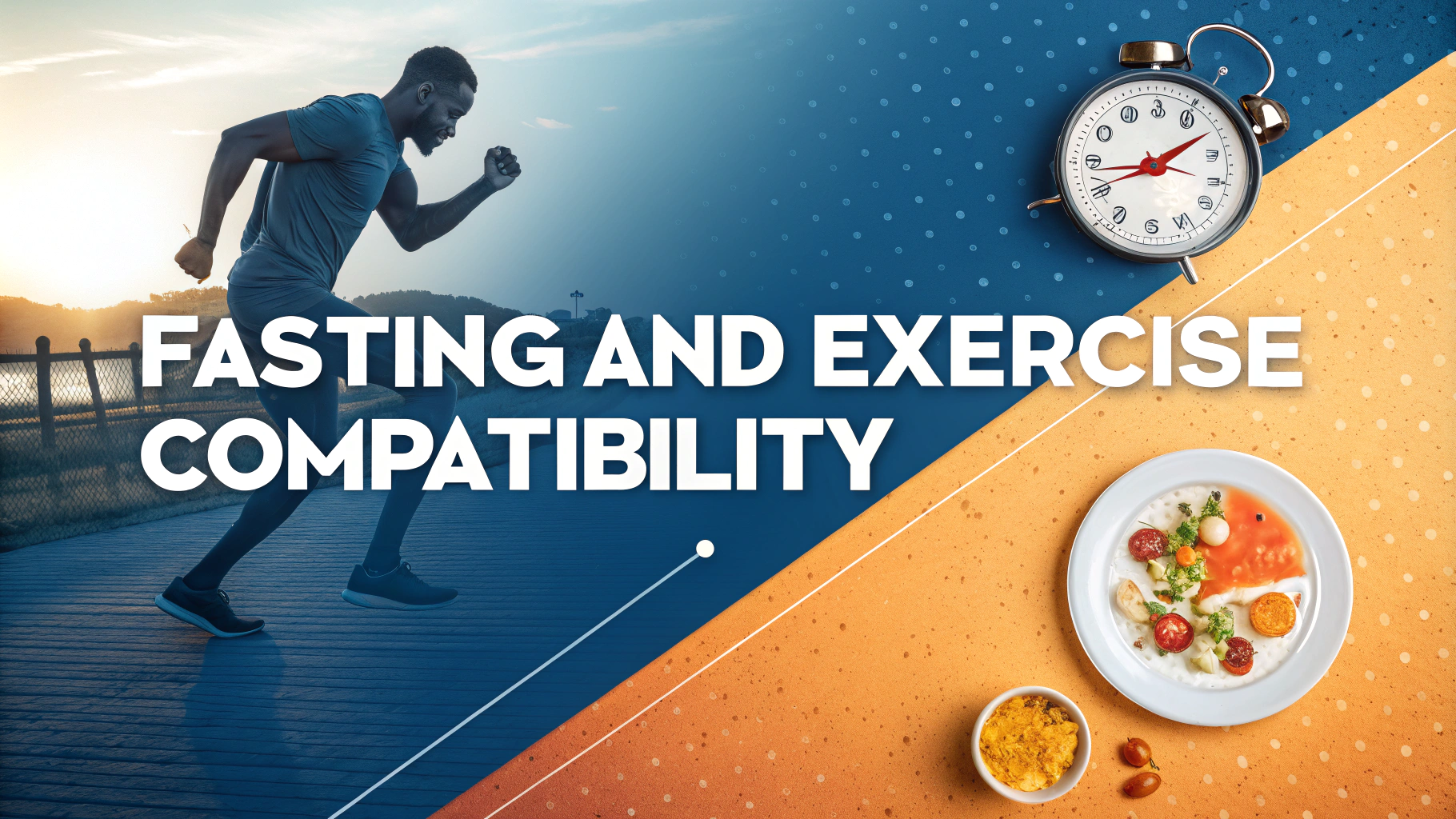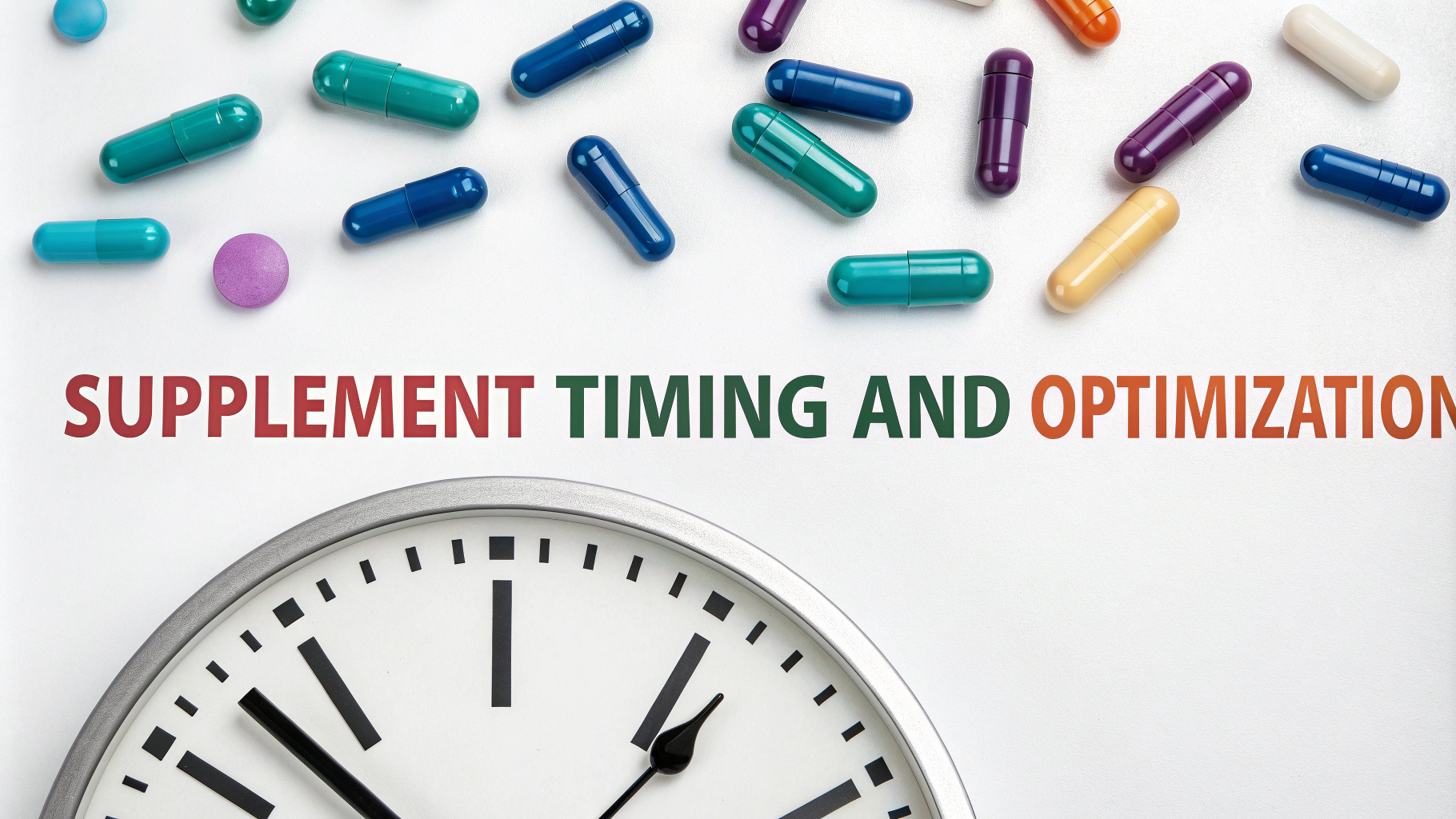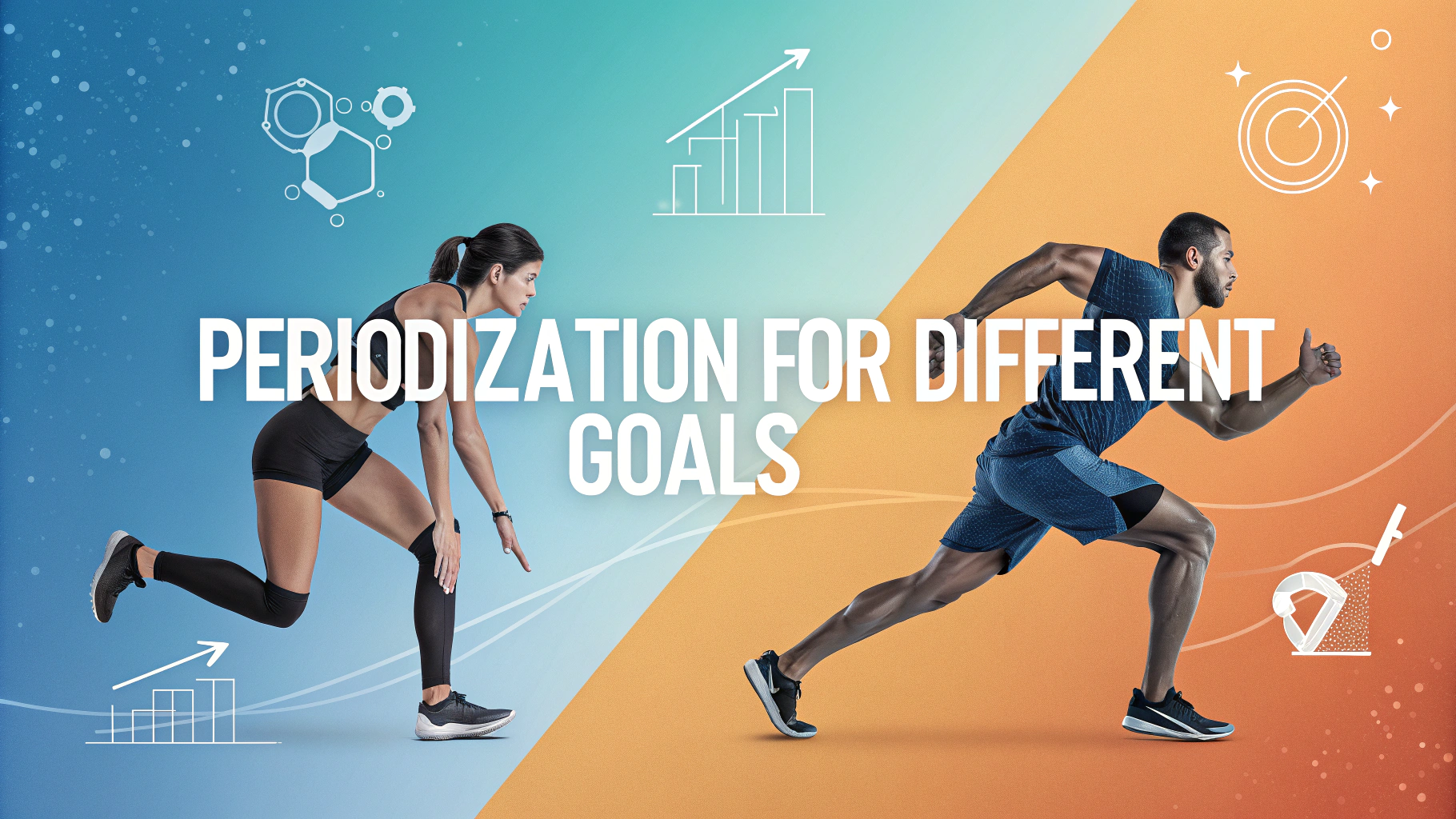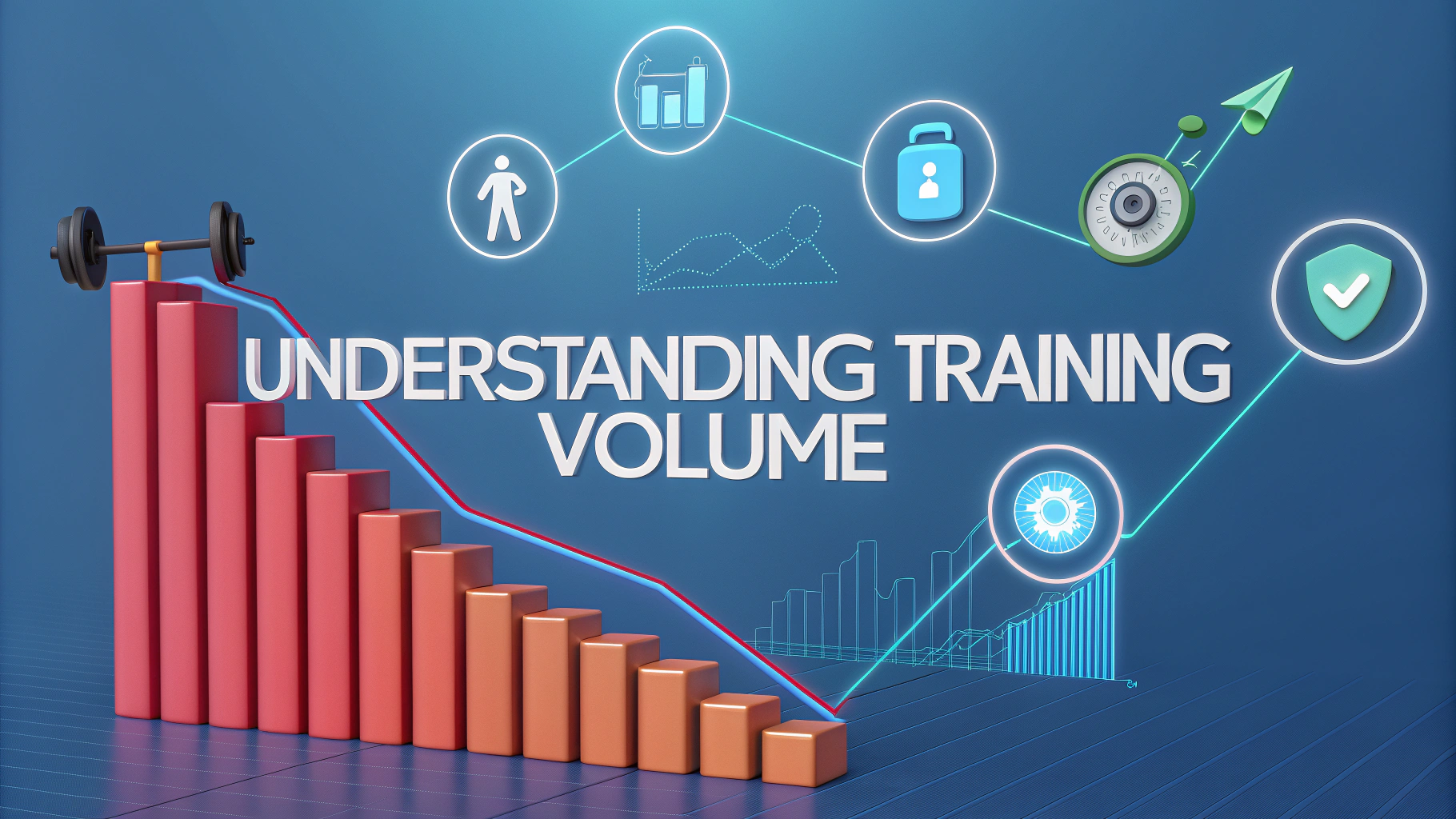The food you eat before and after workouts directly impacts your performance, muscle growth, and recovery.
Pre-Workout Nutrition
Eating 2-3 hours before exercise gives your body time to digest and use the nutrients effectively.
Best Pre-Workout Foods
- Oatmeal with banana
- Greek yogurt with berries
- Whole grain toast with peanut butter
- Apple slices with almonds
Pre-Workout Timing Guide
| Time Before Workout | Recommended Foods |
|---|---|
| 2-3 hours | Full meal with complex carbs, protein, and healthy fats |
| 1 hour | Light snack (fruit, small sandwich) |
| 30 minutes | Quick-digesting carbs (banana, sports drink) |
Post-Workout Nutrition
The 30-60 minute window after exercise is optimal for nutrient absorption and muscle recovery.
Post-Workout Essentials
- Protein: 20-30g (chicken, fish, whey protein)
- Carbohydrates: 40-60g (sweet potato, rice, fruits)
- Hydration: 16-24 oz water per pound lost during exercise
Quick Recovery Meal Ideas
- Protein smoothie with banana and berries
- Turkey and avocado sandwich
- Grilled chicken with brown rice
- Tuna with whole grain crackers
Hydration Tips
- Drink 16-20 oz water 2 hours before exercise
- Sip 7-10 oz every 10-20 minutes during exercise
- Include electrolytes for workouts lasting over 60 minutes
For personalized nutrition advice, consult a registered dietitian or sports nutritionist (find one here).
Common Mistakes to Avoid
- Skipping pre-workout meals
- Eating too close to exercise
- Neglecting post-workout nutrition
- Under-hydrating
Track your meals and workout performance to find what works best for your body and exercise routine.
Remember to adjust portions based on your workout intensity, body weight, and fitness goals.
Meal Planning Strategies
Creating a weekly meal plan ensures you have the right nutrients available when needed for your workouts.
Weekly Prep Tips
- Cook proteins in bulk (chicken, fish, tofu)
- Prepare portable snacks in advance
- Stock up on quick-access fruits and nuts
- Portion meals in workout-friendly containers
Supplementation Basics
While whole foods should be your primary source of nutrients, certain supplements can support your workout nutrition.
Key Supplements to Consider
- Whey protein for muscle recovery
- BCAAs for endurance training
- Electrolyte powders for long sessions
- Creatine for strength training
Special Considerations
Different Workout Types
| Workout Type | Nutritional Focus |
|---|---|
| Strength Training | Higher protein, moderate carbs |
| Endurance | Higher carbs, moderate protein |
| HIIT | Balanced protein and carbs |
Conclusion
Proper workout nutrition is essential for maximizing performance and achieving fitness goals. Focus on timing your meals correctly, choosing appropriate foods, and staying adequately hydrated. Monitor your body’s response and adjust your nutrition plan accordingly.
Success in workout nutrition comes from consistency and attention to individual needs. Start with these guidelines and refine your approach based on your personal experience and results.
FAQs
- What should I eat before a workout for optimal performance?
Consume a meal containing complex carbohydrates and moderate protein 2-3 hours before exercise. Good options include oatmeal with protein powder, banana with peanut butter, or whole grain toast with eggs. - How long before working out should I eat?
Large meals should be consumed 2-3 hours before exercise, while smaller snacks can be eaten 30-60 minutes pre-workout. This timing helps prevent digestive discomfort during exercise. - What’s the optimal post-workout nutrition window?
Consume protein and carbohydrates within 30-45 minutes post-exercise, when muscles are most receptive to nutrient uptake. This window isn’t as critical if you’ve eaten pre-workout. - How much protein do I need after a workout?
Consume 20-40g of high-quality protein post-workout, depending on body weight and exercise intensity. This amount is sufficient to stimulate muscle protein synthesis. - Should I take pre-workout supplements?
Pre-workout supplements aren’t necessary but can enhance performance. Key ingredients like caffeine, beta-alanine, and creatine are proven to improve exercise capacity when used properly. - Is it safe to exercise on an empty stomach?
Fasted exercise can be safe for short, moderate-intensity workouts. However, performance in high-intensity or long-duration activities may be compromised without pre-workout nutrition. - What should I eat after strength training versus cardio?
After strength training, prioritize protein and carbohydrates. After cardio, focus on replacing glycogen stores with carbohydrates and electrolytes, especially if the session was long or intense. - How important is hydration for pre and post-workout nutrition?
Critical – drink 16-20 oz of water 2-3 hours before exercise, 8-10 oz every 15 minutes during exercise, and 16-24 oz for every pound lost through sweat after exercise. - Should I include fats in my pre or post-workout meals?
Limit fats immediately before and after workouts as they slow digestion. Save higher-fat meals for other times of the day, at least 2-3 hours away from training. - What are the best post-workout recovery foods?
Optimal choices include chocolate milk, Greek yogurt with fruit, protein shake with banana, or lean meat with rice. These provide both protein and carbohydrates for recovery.
